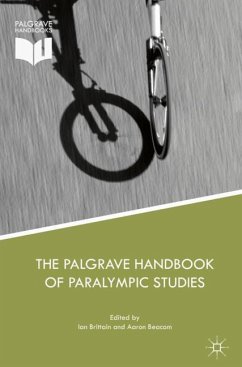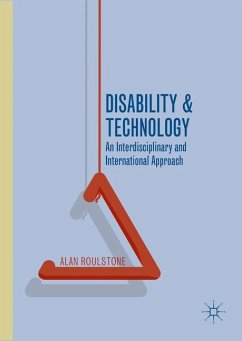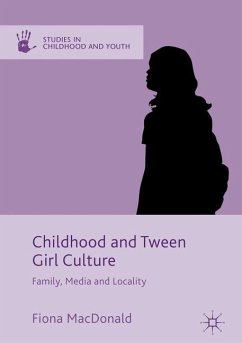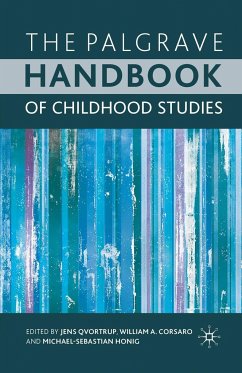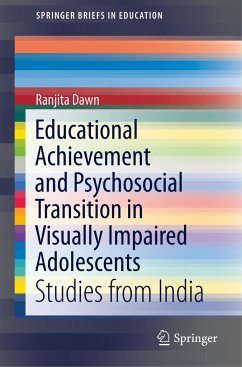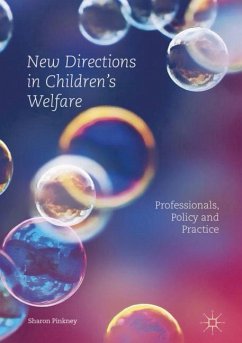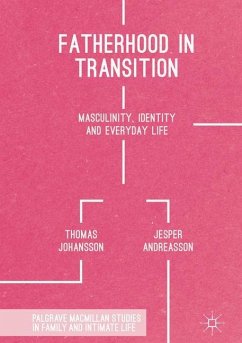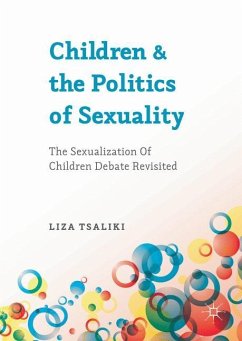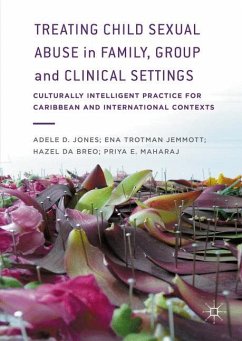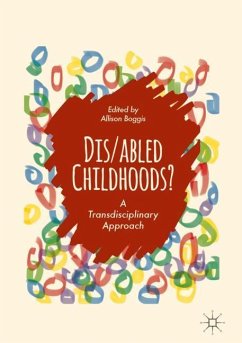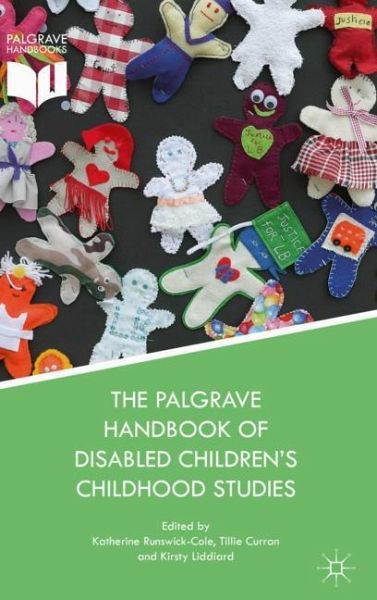
The Palgrave Handbook of Disabled Children's Childhood Studies
Versandkostenfrei!
Versandfertig in 6-10 Tagen
190,99 €
inkl. MwSt.

PAYBACK Punkte
95 °P sammeln!
Disabled children's lives have often been discussed through medical concepts of disability rather than concepts of childhood. Western understandings of childhood have defined disabled children against child development 'norms' and have provided the rationale for segregated or 'special' welfare and education provision. In contrast, disabled children's childhood studies begins with the view that studies of children's impairment are not studies of their childhoods. Disabled children's childhood studies demands ethical research practices that position disabled children and young people at the cent...
Disabled children's lives have often been discussed through medical concepts of disability rather than concepts of childhood. Western understandings of childhood have defined disabled children against child development 'norms' and have provided the rationale for segregated or 'special' welfare and education provision. In contrast, disabled children's childhood studies begins with the view that studies of children's impairment are not studies of their childhoods. Disabled children's childhood studies demands ethical research practices that position disabled children and young people at the centre of the inquiry outside of the shadow of perceived 'norms'.
The Palgrave Handbook of Disabled Children's Childhood Studies will be of interest to students and scholars across a range of disciplines, as well as practitioners in health, education, social work and youth work.
The Palgrave Handbook of Disabled Children's Childhood Studies will be of interest to students and scholars across a range of disciplines, as well as practitioners in health, education, social work and youth work.





